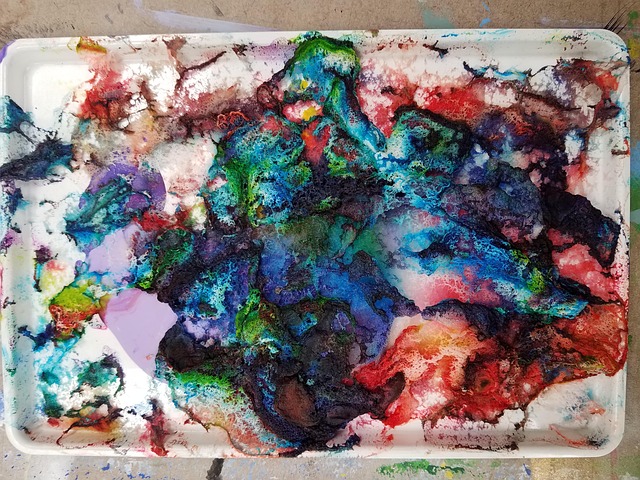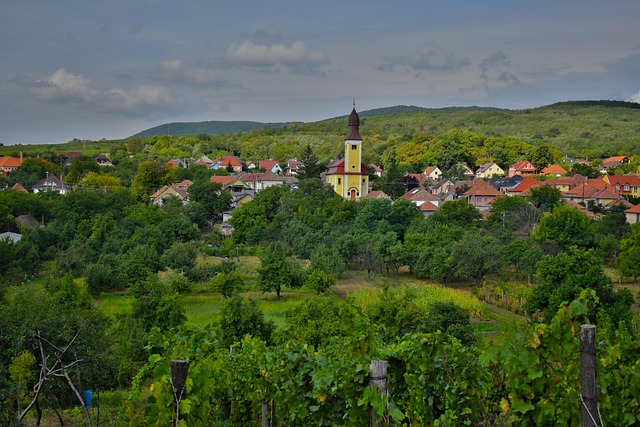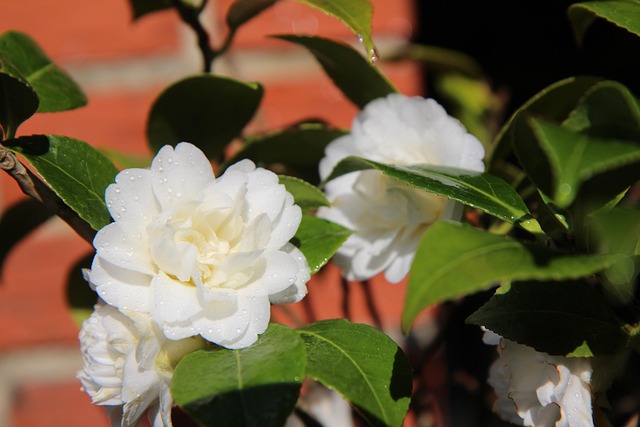As the holiday season approaches, a curious sense of nostalgia fills the air, often mingling with a touch of confusion and even a hint of nonsense. It’s that time of year when we find ourselves wrapped in the traditions and rituals rooted in various religions, even if the origins seem foggy to some. Yet, what happens when we peel back the layers of custom and practice? We begin to uncover a tapestry woven from belief, culture, and yes, a fair share of nonsense.
Religious holidays often serve as cornerstones for communities, symbolizing deep-seated beliefs and collective memories. However, as time marches on, some of these traditions take on a life of their own, sometimes straying far from their original intentions. Think about it: How many of us celebrate Christmas with an avalanche of gifts and a jolly man in a red suit, but give little thought to the birth of Christ? Or consider the way we indulge in Halloween festivities, reveling in the eerie and the absurd, while completely overlooking the solemnity of All Hallows’ Eve in its religious context.
Each culture has its quirks; take the festival of Diwali, for instance. Traditionally, it’s a celebration of light triumphing over darkness, yet many of us have likely participated in the exuberance of fireworks with little knowledge of the mythological tales that underpin the celebration. The sounds burst like confetti, bringing joy and laughter, but do they distract us from the profound meaning behind the rituals? It’s a delightful nonsense that collides with our understanding.
Holidays often become a melting pot of complex emotions and sometimes absurd behaviors. In many cases, secular society co-opts religious festivities, turning reverent observances into commercialized spectacles. Valentine’s Day, once dedicated to Saint Valentine, a martyr, is now a day inundated with chocolates, dining out, and extravagant gifts. This recontextualization leaves many pondering whether the holiday’s essence has been lost in the shuffle or transformed into something entirely new—a perfect recipe for nonsense!
Let’s not forget the modern interpretation of Ramadan for many Muslims around the world. While the core of the observance is a deep spiritual journey marked by fasting and prayer, social media trends and memes often take the spotlight, leaving the actual rites in the background. The heartwarming posts may exhibit the love of community and sharing, yet they can often overshadow the deeper principles of the month. The phenomenon of hashtag Ramadan can appear to the outside observer as a disjointed mix of reverence and lighthearted nonsense.
Ultimately, holidays rooted in religion should prompt reflection and connection to something larger than ourselves. The nonsense that sometimes permeates our celebrations is an invitation to explore what we hold dear and why. As we partake in these traditions, we’re inevitably confronted with the duality of joy and absurdity, reminding us that the human spirit seeks connection, meaning, and perhaps even a little light-hearted nonsense in this frenetic world. In essence, it’s all part of the kaleidoscope of shared experiences that festivals bring forth, and maybe that’s where the beauty lies.




